The health of teeth, gums, and the oral cavity is crucial. By properly caring for oral health, you can prevent gum-related diseases and protect overall health, along with boosting confidence.
Proper oral health care measures
- Brushing twice a day
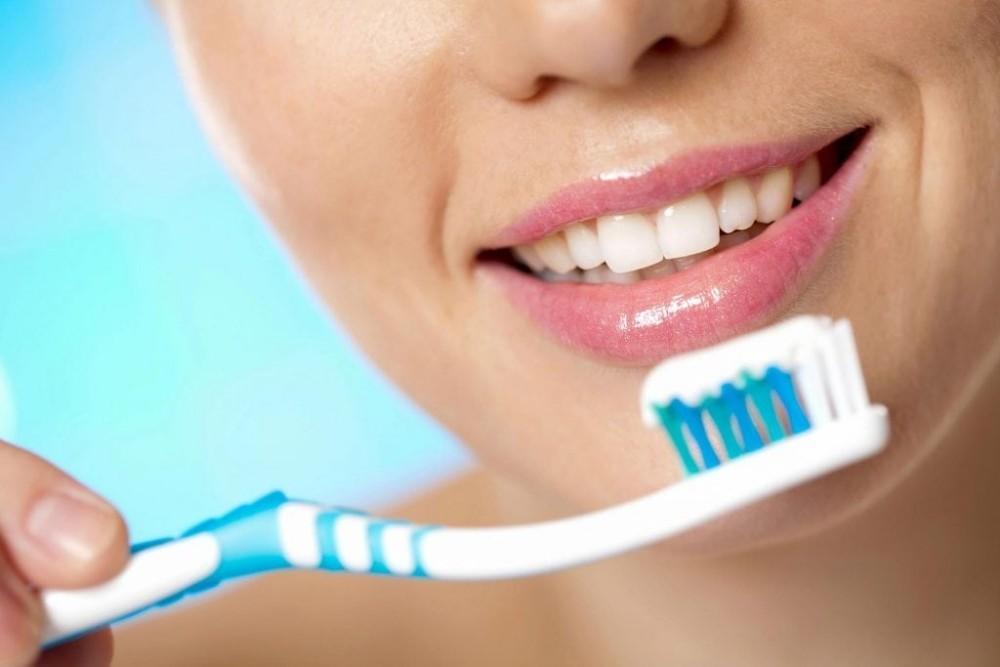
Tooth and gum diseases are the most common oral health issues. Brushing twice a day, in the morning after waking up and in the evening before going to bed, is the most basic and essential oral health care measure. It’s recommended to change your toothbrush every 3-4 months. For people with braces, special brushes and other oral hygiene tools should be used as per the orthodontist’s guidance.
- Brushing correctly
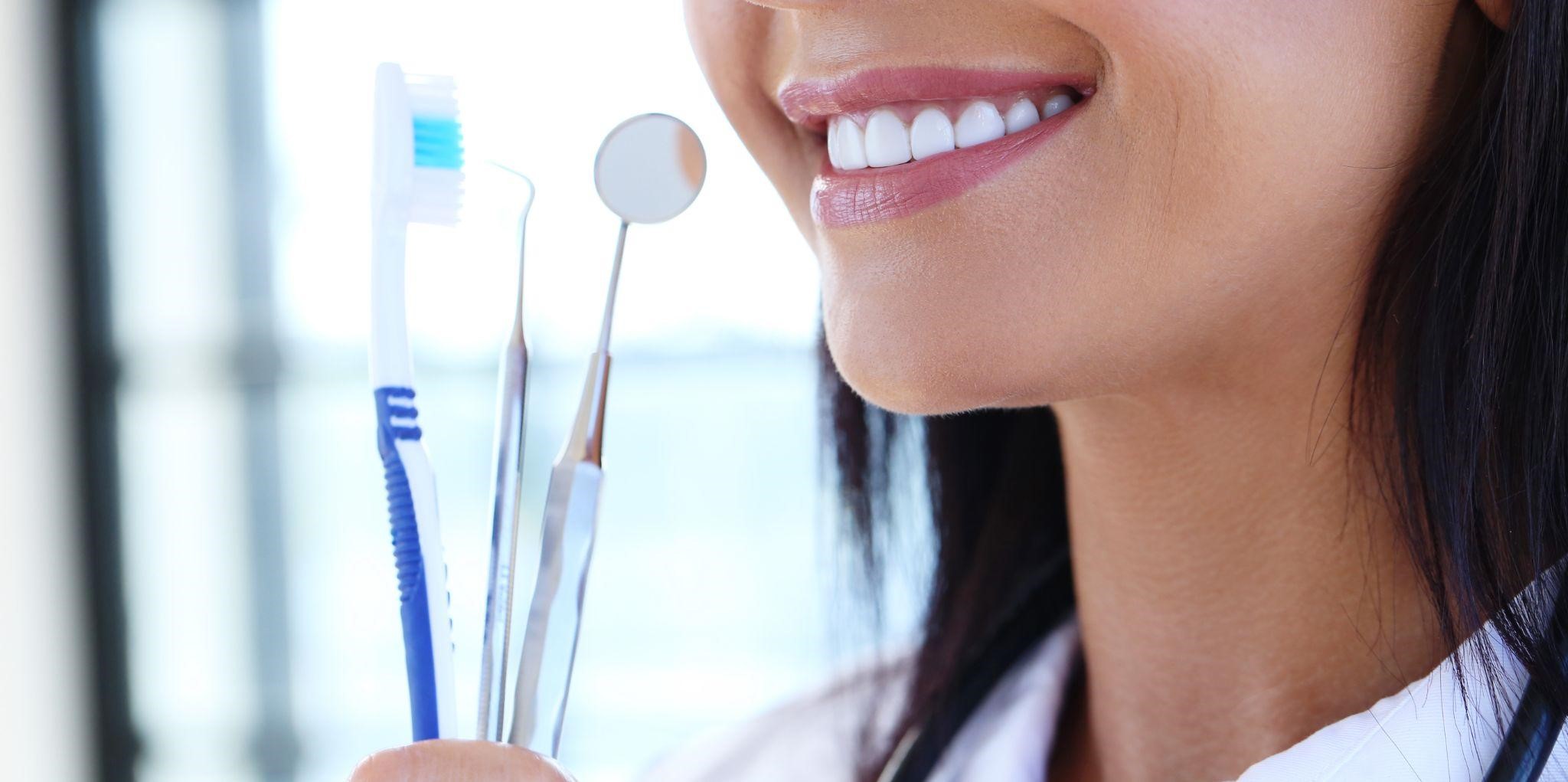
Brushing regularly is not enough for oral health care; brushing technique matters to remove plaque buildup on the tooth surface, and limit bacteria causing cavities and gum inflammation. Incorrect brushing can erode tooth enamel, causing tooth sensitivity and allowing plaque to harden and accumulate, providing favorable conditions for bacteria to grow and attack teeth and gums, leading to gum disease. Overbrushing can also injure gum tissue, causing gum inflammation and recession.
- Cleaning the tongue
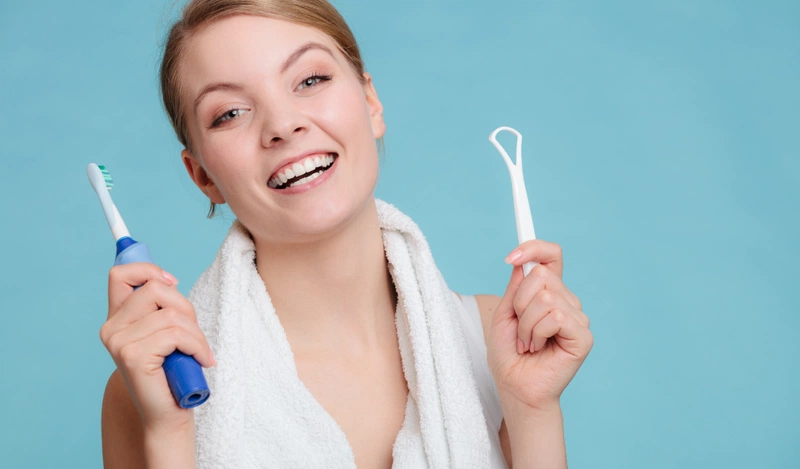
Plaque can also accumulate on the tongue’s surface, leading to oral health issues and bad breath. Therefore, cleaning the tongue’s upper surface from inside to outside is important by using a toothbrush or a specialized tongue cleaner alongside brushing.
- Using fluoride toothpaste
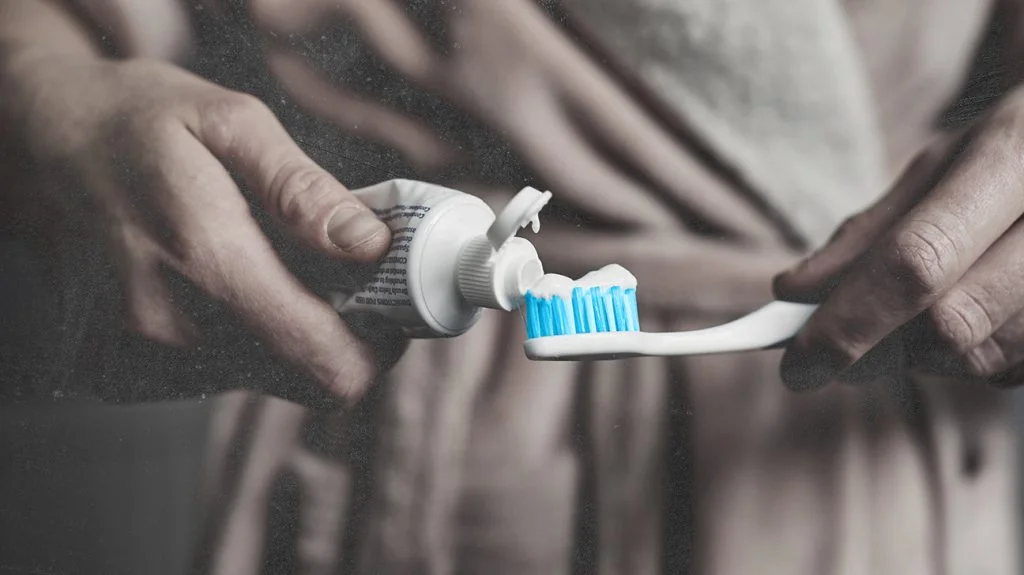
Choosing the right toothpaste is crucial for oral health. Many types of toothpaste are available, but prioritizing fluoride-containing toothpaste is essential. Fluoride fights bacteria causing tooth decay while providing a protective barrier for teeth, promoting enamel strength, and reducing cavities.
- Using dental floss

Dental floss often can’t reach small spaces between teeth. Dental floss or interdental brushes gently remove food particles trapped between teeth without harming gum tissue. When interdental spaces are completely clean, plaque, gum irritation, and inflammation significantly decrease.
- Rinsing after meals
Besides brushing correctly and using dental floss, rinsing with antibacterial mouthwash can prevent cavities and gum diseases. Rinsing with mouthwash after meals serves as a comprehensive cleaning method, especially for individuals over 12 years old or those not accustomed to using dental floss or interdental brushes.
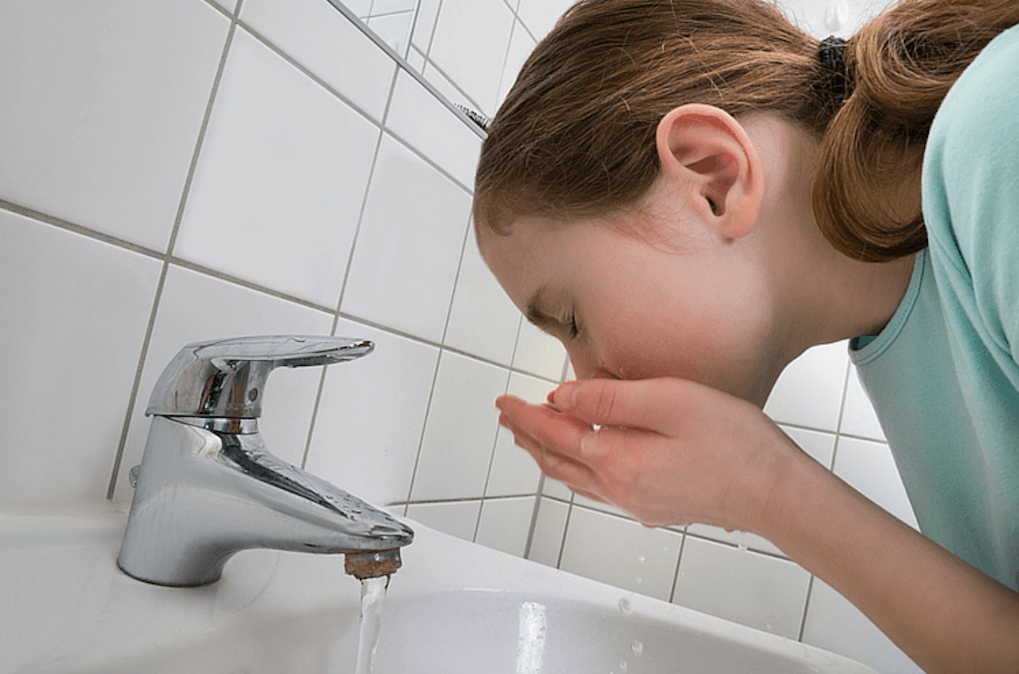
Chewing sugar-free gum after meals can increase saliva production, neutralize acids, and clean bacteria from tooth surfaces. Wearing mouthguards and avoiding smoking
If engaging in sports or recreational activities with the risk of dental injuries, wearing mouthguards is necessary.
Smoking stains teeth, increases gum diseases, and raises the risk of oral cancer. Therefore, avoiding smoking is crucial for oral health protection.
- Maintaining a healthy diet
At any age, a healthy diet benefits oral health and gums. Drinking plenty of water is good for oral and overall health. Drinking water after meals can help neutralize the negative effects of acid in food and drinks. A balanced diet including fresh foods such as nuts, whole grains, fruits, vegetables, and dairy products provides essential nutrients for the body.

Limiting sugary and acidic foods is important. Sugar in sweets digested by mouth bacteria produces acid, which can erode tooth enamel and cause cavities. Moreover, sugary foods, especially cakes and candies, linger on tooth surfaces, increasing acid levels for a long time.
Fruits containing acids like oranges, lemons, pineapples, and strawberries, as well as beverages like tea and coffee, can affect tooth enamel. Carbonated drinks also pose a risk of oral health issues because carbonation produces acid in the mouth. Rinse with water after enjoying these items.
- Visiting the dentist at least twice a year
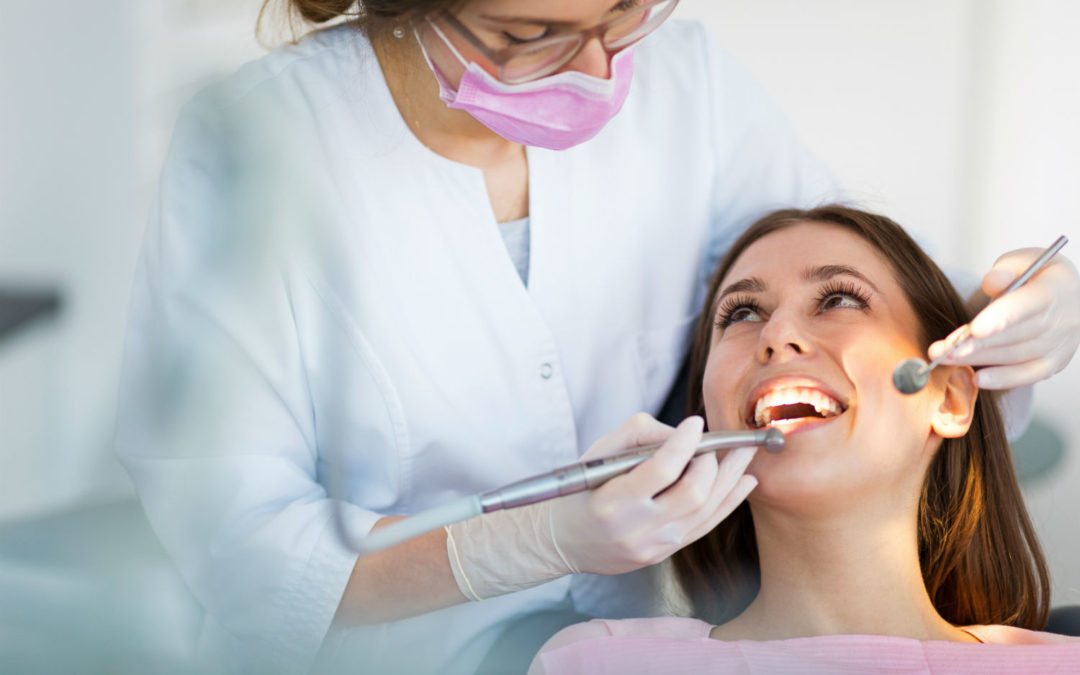
Regular dental check-ups at least twice a year or more often if there are issues with teeth and gums ensure proper oral health care and guidance. Dentists remove tartar and detect and treat cavities appropriately. Regular dental check-ups also help identify potential issues and provide timely prevention strategies.

